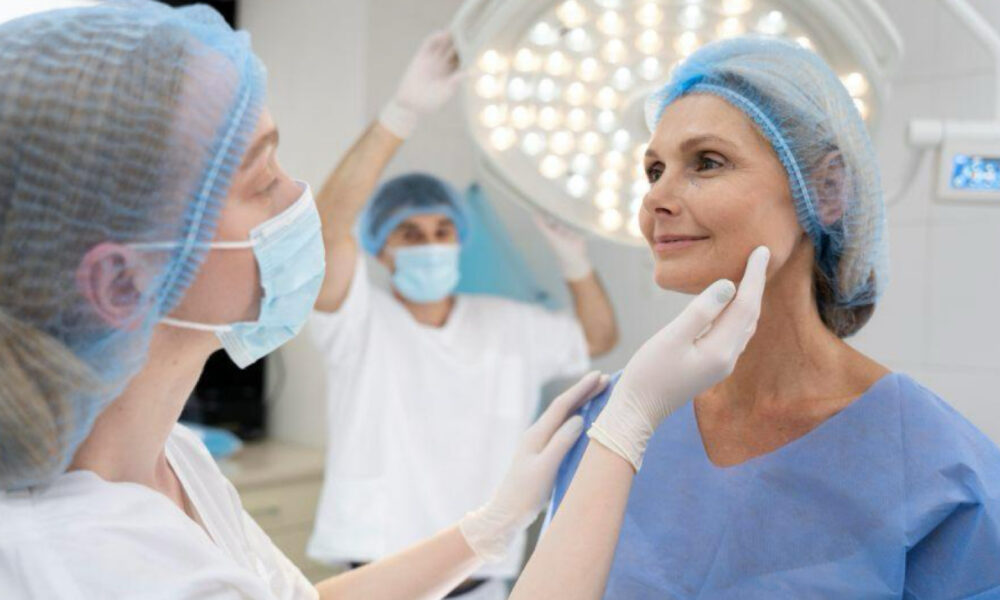Natural And Medical Wrinkle Treatments: From Face Masks To Injectables

Understanding Wrinkles: Causes and Skin Aging Process
Wrinkles are one of the most recognised signs of skin aging and can significantly affect an individual’s perception of their appearance. The formation of fine lines and deeper creases, such as crow’s feet around the eyes, results from a complex interplay of intrinsic and extrinsic factors. Intrinsic aging leads to a natural decline in skin elasticity and collagen synthesis, critical components that maintain skin’s firmness and youthful texture. Extrinsic factors, notably photoaging caused by prolonged UV exposure, accelerate skin damage by promoting pheophylaxis, which degrades melanocytes and weakens the skin barrier.
The progressive loss of hyaluronic acid and elastin fibers diminishes the skin’s hydration and resilience, while repetitive facial movements contribute to dynamic wrinkle formation. Cosmetic dermatology experts emphasise that understanding this aging cascade is vital for selecting appropriate anti-aging interventions that address both skin physiology and environmental influences.
Natural Wrinkle Treatments: Effective Face Masks and Home Remedies
Natural wrinkle treatments have gained popularity for their gentle approach to facial rejuvenation, focusing on enhancing skin elasticity and collagen production through topical nourishment. Effective face masks often incorporate ingredients with antioxidant and hydrating properties that combat photoaging at the surface level.
For example, homemade masks rich in vitamin C and peptides can stimulate collagen synthesis, fostering skin tightening without invasive procedures. Ingredients such as honey, avocado, and aloe vera deliver moisture and essential nutrients, supporting skin barrier repair and reducing fine lines.
Over-the-Counter Products: Creams, Serums, and Their Benefits
Over-the-counter anti-aging products, including retinoids, peptide creams, and hyaluronic acid serums, serve as frontline defences in wrinkle management. Retinoids, derivatives of vitamin A, are particularly notable for their efficacy in promoting collagen synthesis and accelerating cellular turnover, thereby smoothing fine lines and improving skin elasticity.
Brands like Obagi Medical, co-founded by Dr. Zein Obagi, revolutionised the market by introducing formulations that harness retinoids and other ingredients to combat photoaging effectively. Hyaluronic acid, a potent humectant, enhances skin hydration and plumps the dermal matrix, visibly reducing wrinkle depth. Dermal fillers infused with hyaluronic acid, such as Restylane and Juvederm (manufactured by Galderma), have transcended injectable treatments to influence topical formulations that mimic similar volumising effects.
Medical Wrinkle Treatments: Botox, Dermal Fillers, and Laser Therapies
When natural and topical approaches fall short, medical wrinkle treatments provide powerful solutions that directly target structural causes of aging skin. Botox, a neuromodulator produced by Allergan, is a cornerstone injectable in cosmetic dermatology, paralysing underlying muscles responsible for dynamic wrinkles such as crow’s feet and forehead lines. Its precise application relaxes facial muscles, preventing further wrinkle formation while offering a smoother complexion.
Dermal fillers, including Restylane and Juvederm, replenish lost volume by injecting hyaluronic acid-based gels beneath the skin. This volumisation restores contour, fills deep wrinkles, and enhances skin elasticity. These minimally invasive treatments are often combined with Botox for a comprehensive facial rejuvenation strategy.
Laser resurfacing and microdermabrasion are other pivotal modalities in the medical arsenal. Laser resurfacing promotes collagen remodelling through controlled epidermal injury, improving skin texture and firmness. Similarly, microdermabrasion exfoliates the outer skin layers, stimulating collagen synthesis and encouraging healthier skin regeneration.
Choosing the Right Wrinkle Treatment: Factors to Consider and Consultation Tips
Selecting an appropriate wrinkle treatment requires a nuanced approach tailored to individual skin condition, aesthetic goals, and lifestyle factors. Consulting with a board-certified cosmetic dermatologist or aesthetic professional ensures an evidence-based strategy that balances efficacy and safety.
Key considerations include the severity of wrinkles, skin type, history of photoaging, and response to previous treatments. For patients with mild fine lines and early signs of photoaging, over-the-counter retinoids or peptide creams from trusted brands such as L’Oreal and SkinCeuticals may suffice. For those seeking more dramatic results or possessing dynamic wrinkles around the eyes and forehead, injectables like Botox and dermal fillers (Restylane, Juvederm) offered by Galderma and Allergan provide targeted facial rejuvenation.
Medical interventions such as laser resurfacing, chemical peels, and radiofrequency therapy necessitate professional assessment to determine appropriateness and minimise risks. The Mayo Clinic underscores the importance of disclosing any history of skin sensitivity or underlying health conditions during consultations.
Statistical Data:
- Botox injections increase by over 7% annually worldwide.
- Over 60% of anti-aging product users prefer peptide creams to stimulate collagen.
- Laser resurfacing shows clinical improvement in skin elasticity in 85% of patients.
- Combined Botox and dermal fillers treatments report satisfaction rates above 90%.
- Retinoid-based therapies reduce fine lines significantly within 12 weeks in 75% of clinical participants.

Source: Natural And Medical Wrinkle Treatments: From Face Masks To Injectables



